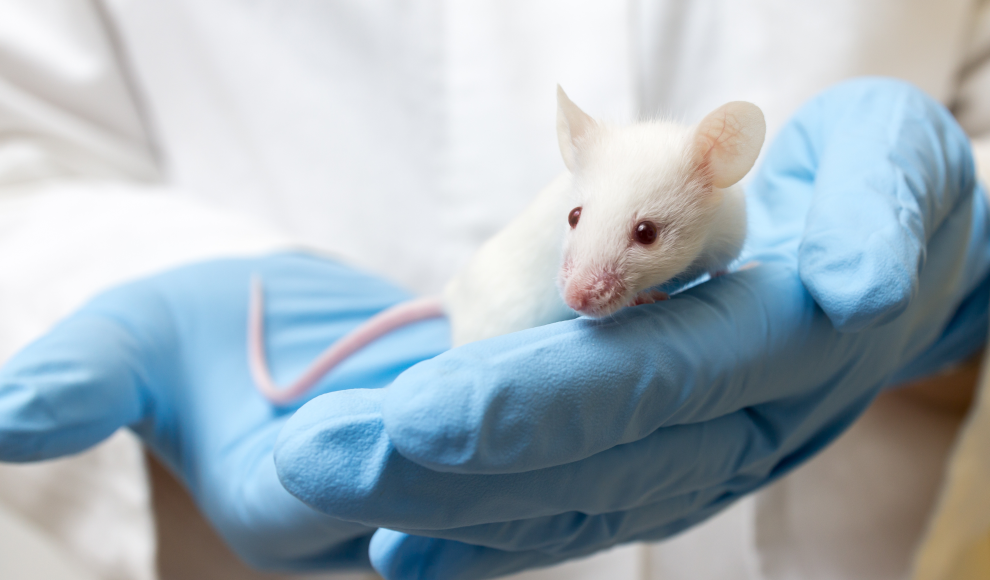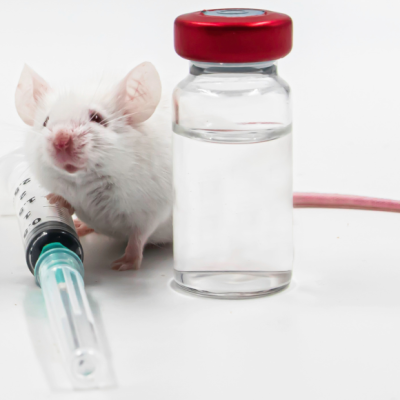In a groundbreaking development in genetics, scientists at the University of Kyushu in Japan have successfully created mice using only male skin cells. The breakthrough could potentially allow gay couples to have children in the future. The researchers, led by biologist Katsuhiko Hayashi, used male cells to create the mice without the need for female eggs. This means that the mice have two fathers and no mother in biological terms. The scientists were able to create female eggs from the male cells by reprogramming them to have the XX chromosome pairing instead of the usual XY pairing. They achieved this by replacing the Y chromosome with an X chromosome from another cell. The resulting eggs were then fertilized with normal mouse sperm and carried to term by surrogate mother mice.
Although the success rate was only one percent, with only one in every hundred embryos surviving to birth, the mice that were born appeared healthy and were able to reproduce normally. The researchers hope to apply their findings to humans in the future, potentially allowing same-sex couples to have children without the need for donor cells. However, the use of this technology in reproductive medicine is a societal rather than a scientific question. Hayashi believes that the technique could be used safely in humans within the next ten years, but only if it is proven to be safe. The primary goal of the research project is to help infertile women with Turner Syndrome, a condition in which the X chromosome is damaged or missing entirely.
This breakthrough in genetics has the potential to revolutionize the field of reproductive medicine and could provide new options for couples struggling with infertility. While the ethical implications of using this technology in humans are still being debated, the success of the experiment in mice is a significant step forward in our understanding of genetics and the possibilities it holds for the future.










